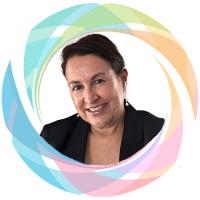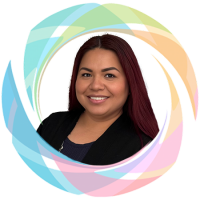In a visionary effort to democratize access to legal services for families, Modern Family Law shines a spotlight on an innovative Colorado initiative championed by the Colorado Supreme Court. Ami Larson, the Head of Learning & Development, plays a pivotal role in bringing the vision of Licensed Legal Paraprofessionals (LLPs) to life within the organization. This initiative aims to fill the critical need for legal assistance among those who may not require full attorney representation. Join us as we delve into a conversation with Ami Larson, conducted by Modern Family Law’s Marketing & Communications Manager, Caroline Germano. Together, they uncover the essence and ambitions of this pioneering approach to family law.







